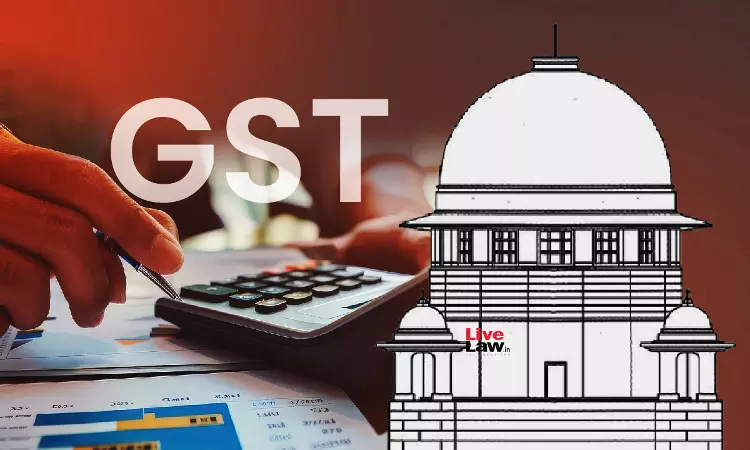Arrest Under GST Act Cannot Be Made Merely To Investigate If Cognizable & Non-Bailable Offence Has Been Committed : Supreme Court
LIVELAW NEWS NETWORK
27 Feb 2025 4:27 PM IST

An order of arrest must be passed recording reasons to believe that the accused has committed a cognizable and non-bailable offence.
Next Story


